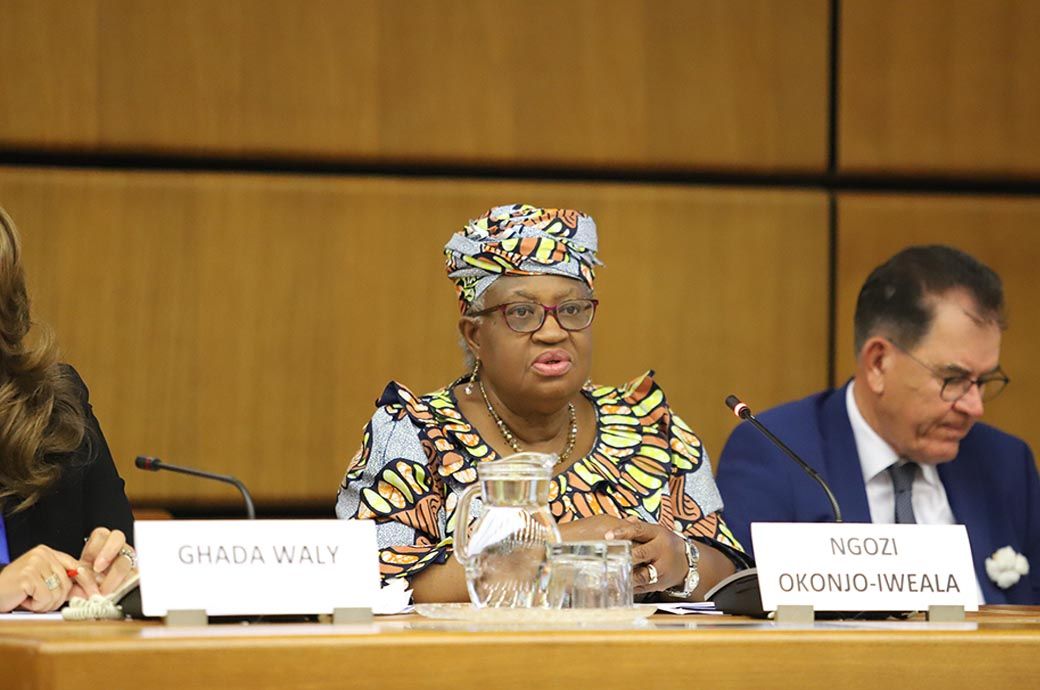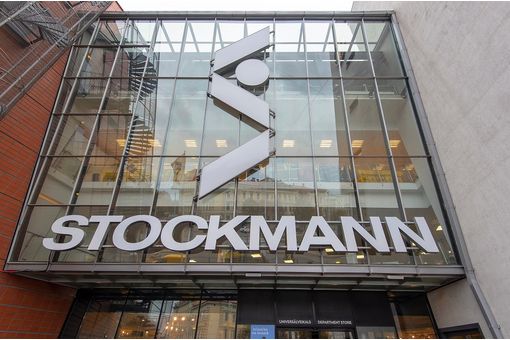WTO DG urges members to engage on cotton for potential outcome at MC13

Insights
- WTO director general Ngozi Okonjo-Iweala has urged members to step up efforts to deliver a possible outcome on cotton for the 13th Ministerial Conference next February, as cotton producers in least developed countries grapple with several challenges.
- Twenty years of talks on the trade aspects of cotton have failed to reach a conclusion, she admitted.
The challenges include price volatility, market distortions, the impacts of climate change, pest problems and other downstream challenges.
She was addressing the opening ceremony of the ‘World Cotton Day 2023’ on October 4, hosted by the United Nations Industrial Development Organization (UNIDO) in Vienna.
Twenty years of WTO negotiations on the trade aspects of cotton have failed to reach a conclusion, she admitted.
“There is no point sugar-coating things: over the past 20 years, WTO members have not made progress on cotton in the context of the negotiations on agriculture,” she said.
“Persistent distortions in international markets impede the fair participation of many cotton-producing countries. This is a collective failure, one there is no running away from. But we won't give up trying to get the right outcomes for cotton producers in our negotiations,” she was quoted as saying in an official release.
“The coming weeks offer a short window of opportunity for our members to define and pursue what they consider to be an appropriate cotton outcome at MC13,” the director general said.
MC13 will take place from 26 to 29 February in Abu Dhabi.
Cotton is discussed at the WTO under two complementary tracks: trade aspects, involving multilateral negotiations to address distorting subsidies and trade barriers for cotton; and development assistance provided to cotton production and its value chain.
The talks are the result of the ‘Sectoral Initiative on Cotton’ from the C-4—Benin, Burkina Faso, Chad and Mali (subsequently joined by Côte d'Ivoire)—establishing cotton as a priority on the multilateral trading system's agenda.
World Cotton Day (WCD) was launched at WTO headquarters in 2019 at the request of the C-4 to recognise and celebrate the importance of cotton as a global commodity and to raise the profile of their cotton-specific needs on trade and development. In September 2021, WCD became the official UN International Day of Cotton.
Fibre2Fashion News Desk (DS)
































-Ltd..jpg?tr=w-120,h-60,c-at_max,cm-pad_resize,bg-ffffff)





.jpg?tr=w-120,h-60,c-at_max,cm-pad_resize,bg-ffffff)
.jpg?tr=w-120,h-60,c-at_max,cm-pad_resize,bg-ffffff)






